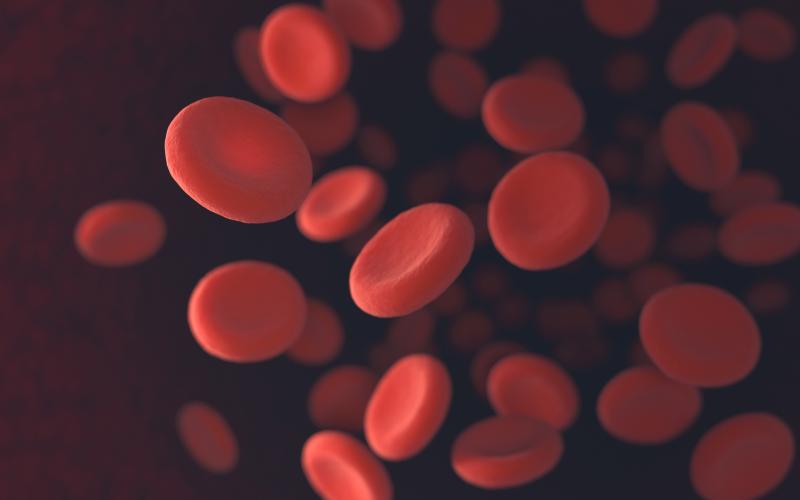
The use of oral liposomal iron in the treatment of mild anaemia in inflammatory bowel disease (IBD) patients appears to be effective, producing improvements in haemoglobin (Hb) levels and quality of life with parallel reductions in fatigue, according to a study presented at the Advances in Inflammatory Bowel Diseases (AIBD) 2019 Annual Meeting.
“To the best of our knowledge, there are no published data concerning the use of oral liposomal iron to treat iron-deficiency anaemia (IDA) in IBD patients,” the investigators said.
That being said, the current study was conducted to pilot-test the efficacy and safety of the therapy, as well as to assess its effect on psychometric scores, in the population, they added.
The investigators screened 200 patients for anaemia, and 33 (16.5 percent) were found to have mild IDA. This group was given oral liposomal iron for 8 weeks on a compassionate use basis, dosed at two tablets daily (equivalent to 28 mg/day).
Of the 21 patients who completed treatment, 13 (62 percent) met the primary endpoint of response to therapy (defined as Hb increase of at least 1 g/dL and/or Hb normalization by the 8th week), with a mean increase in Hb levels of 11.4–12.6 g/dL. [AIBD 2019, abstract P019]
Likewise, treatment yielded significant improvements in the secondary endpoints examined. At week 8, the transferrin saturation index (TSI) increased by an average of 10.2 (p=0.006), despite the lack of difference in baseline ferritin values. Quality of life improved by 26.3 (p=0.0001), and the perception of fatigue declined by 9.2 (p=0.0001).
A significant linear correlation emerged between the increase in Hb levels and the improvement in quality of life (p=0.01). However, clinical disease activity remained unchanged following oral liposomal iron treatment (p=0.10), as did C-reactive protein levels (p=0.98).
“This pilot study provides actual data supporting the therapeutic use of liposomal iron for treating mild IDA in IBD and paves the way for future studies [in]volving larger IBD populations utilizing higher doses of this drug and longer follow-up, to confirm the role of oral liposomal iron in treating quiescent or mildly active IBD patients presenting mild IDA,” the investigators pointed out.
As one of the most common IBD complications, IDA can contribute to poor quality of life as a result of the negative impact of the condition on the patients’ well-being, physical performance, mood and cognitive function, according to the investigators.
“In addition, anaemia is a significant predictor of increased hospitalization risk, as well as of increased mortality in IBD patients,” they said.